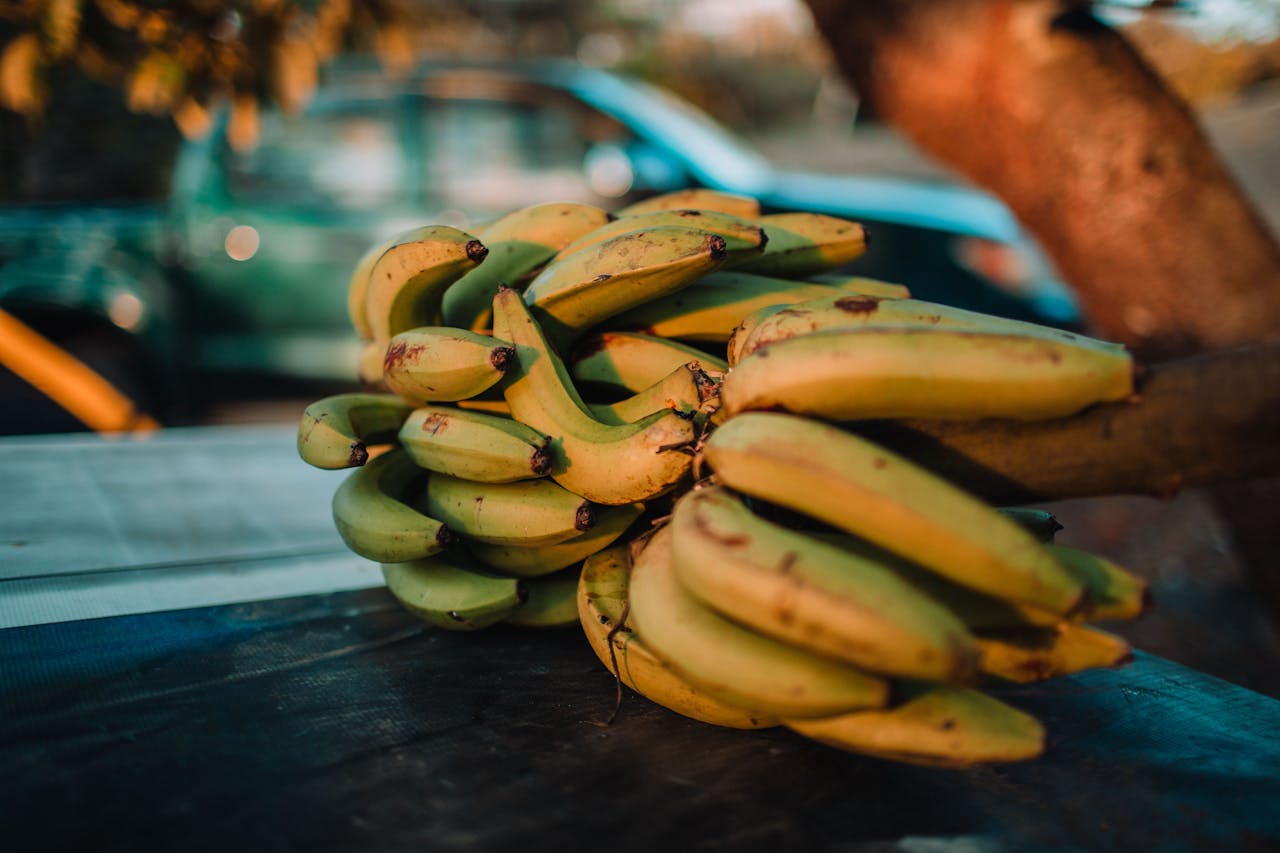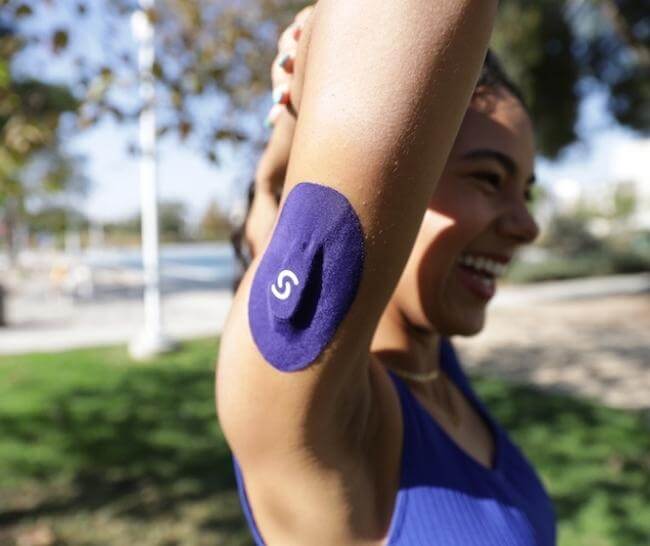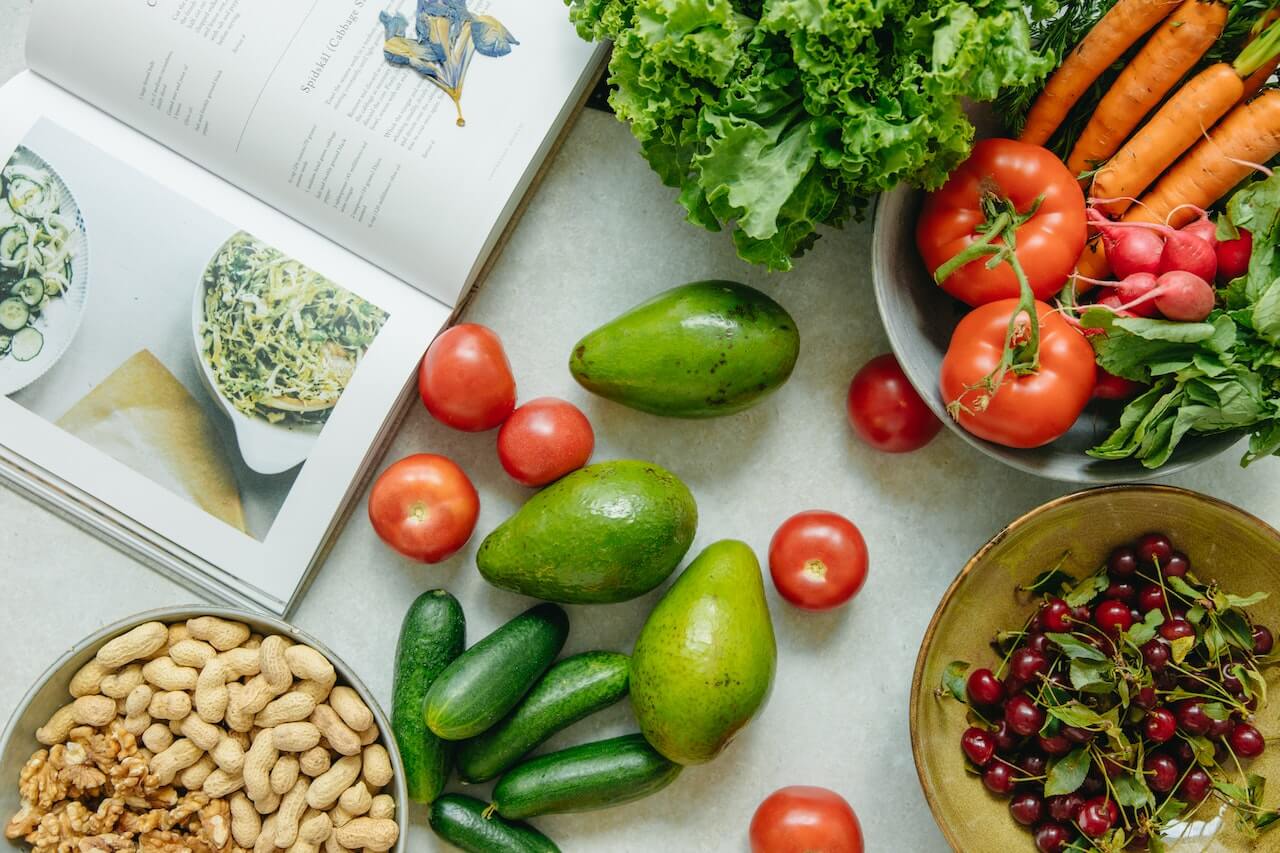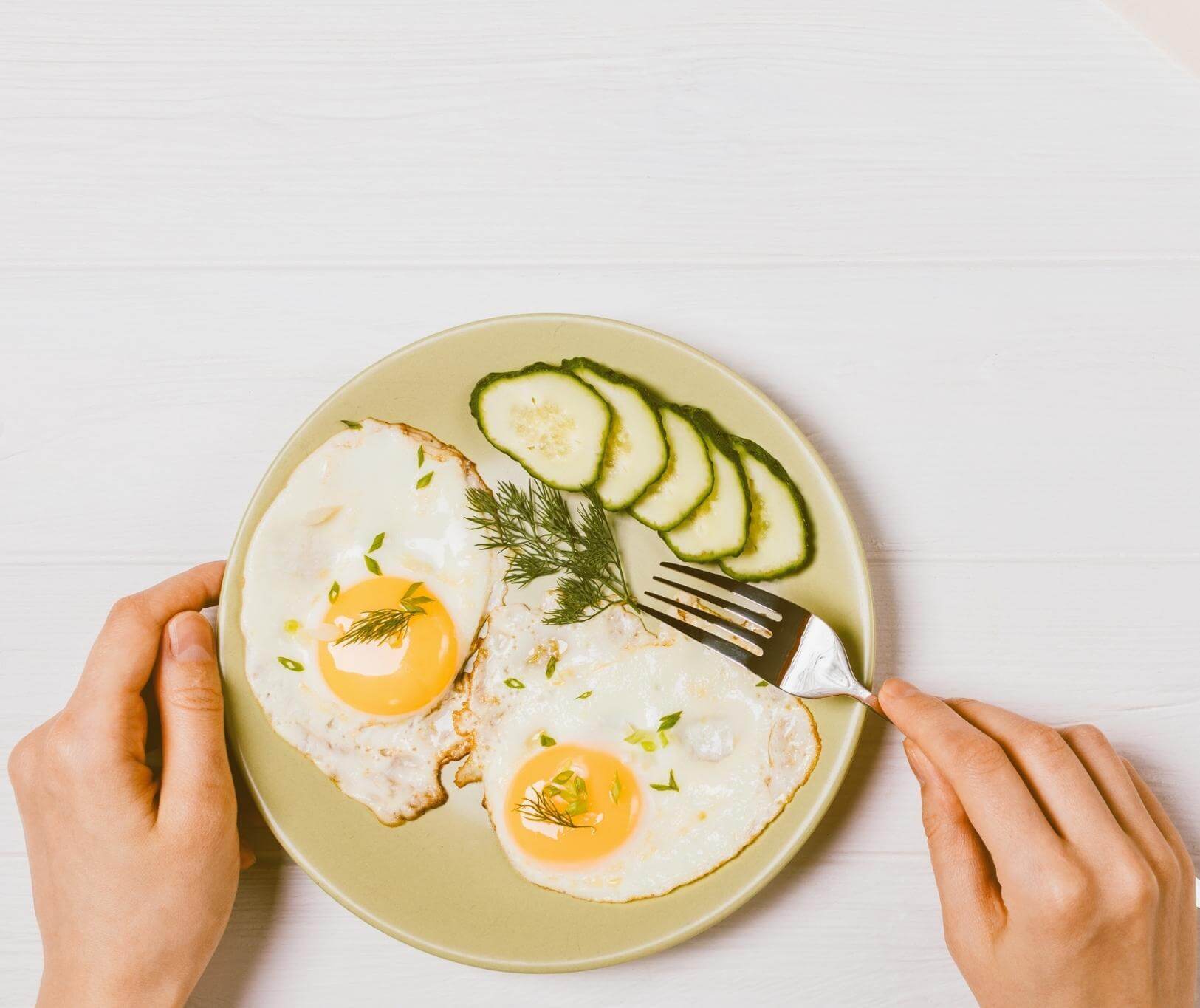Bananas can be a beneficial fruit choice for individuals with type 2 diabetes. Despite their natural sweetness, bananas have a low to medium glycemic index (GI), which means they are less likely to cause blood sugar spikes than high-GI foods. Additionally, bananas are rich in dietary fiber, which can help regulate blood glucose levels and improve digestive health. However, portion control is key, as eating too many bananas at once can increase blood glucose. When consumed in moderation, bananas can be a healthy part of a balanced diet for those with type 2 diabetes despite their amount of sugar.
{{mid-cta}}
The Impact of Bananas on Blood Sugar Levels
Bananas impact blood sugar levels in several ways. While they contain natural sugars like glucose, fructose, and sucrose, which can raise blood sugar levels, bananas also have a low to medium GI.1 This means that the carbs in bananas are absorbed into the bloodstream slower than in high-GI foods, which is best for a more gradual increase in blood sugar levels. Additionally, bananas are rich in fiber, particularly soluble fiber, which can further slow down the digestion and absorption of carbs, helping to prevent rapid spikes in blood sugar levels.2
The combination of natural sugars, low to medium GI, and fiber content makes bananas a relatively safe fruit choice for individuals with pre-diabetes or diabetes when consumed in moderation. However, portion size is important, as eating large amounts of bananas at once can still cause a significant increase in blood sugar levels. It's also important to consider individual tolerance to carbs and to monitor blood sugar levels regularly to stay on top of blood sugar management.
The Nutritional Advantages of Bananas

Bananas are delicious and packed with essential nutrients that offer numerous health benefits. One medium-sized banana contains about 105 calories and is a great source of vitamins and minerals, including vitamin C, vitamin B6, and potassium. Eating bananas into your diet can be a tasty way to boost your nutrient intake. Here are a few health benefits of consuming bananas:
- Enhances Insulin Sensitivity: Bananas contain resistant starch and fiber, which can improve insulin sensitivity and help regulate blood sugar levels.2, 3 This can be particularly beneficial for individuals with diabetes or those at risk of developing the condition.
- Regulates Blood Sugar Levels: The combination of fiber, resistant starch, and low to medium glycemic index in bananas helps regulate blood sugar levels, reducing the risk of spikes and crashes that can harm overall health.2
- Boosts Heart Health: Bananas are rich in potassium, a mineral that plays a key role in heart health by helping to regulate high blood pressure and maintain proper heart function.2 The fiber in bananas may also help lower cholesterol levels, benefiting heart health.
- Aids in Digestion: Bananas' fiber content promotes regular bowel movements and supports digestive health. They also contain prebiotics, which feed the beneficial bacteria in the gut, contributing to a healthy digestive system.
- Provides Vitamin B6: Vitamin B6 is essential for brain development and function and for the production of neurotransmitters such as serotonin and dopamine. Bananas are a good source of vitamin B6, making them beneficial for cognitive health and mood regulation.2
- Supports Recovery Post-Exercise: Bananas are a convenient and nutritious snack for athletes and fitness enthusiasts. They provide carbs for energy and replenish glycogen stores while also providing electrolytes like potassium to help prevent muscle cramps and support recovery.4, 5
- Low-to-Medium GI: Bananas have a relatively low-to-medium GI, meaning they are less likely to cause rapid spikes in blood sugar levels compared to high-GI foods.1 This makes bananas a suitable fruit choice for those on a diabetes diet.
- Packed With Potassium: Bananas are renowned for their potassium content, which is important for maintaining proper heart function, muscle contractions, and nerve signaling. Adequate potassium intake is also associated with a reduced risk of stroke.
- Contain Antioxidants: Bananas contain several antioxidants, including dopamine and vitamin C, which are the best nutrients for combating oxidative stress and reducing the risk of chronic diseases such as heart disease and cancer.5
<p class="pro-tip"><strong>Also Read: </strong><a href=smoothies-for-weight-loss>How to Make Smoothies Good for Weight Loss</a>.</p>
What Happens When You Overeat Bananas?
While bananas offer numerous health benefits, overeating them can lead to several risks due to their carb intake. Bananas are relatively high in sugar and carbohydrates, which can contribute to weight gain and an increase in blood sugar levels if consumed in excess. For individuals with diabetes or those trying to manage their blood sugar levels, consuming too many bananas at once can cause a rapid spike in blood sugar.
Moreover, eating too many bananas can lead to an excess intake of potassium, a condition known as hyperkalemia. While it is rare to consume enough bananas to cause hyperkalemia through diet alone, individuals with kidney issues or those taking medications that affect potassium levels should be cautious about their banana consumption. Hyperkalemia can cause symptoms such as muscle weakness irregular heartbeat, and in severe cases, it can be life-threatening. Therefore, it's important to consume bananas in moderation and consult with a healthcare professional if you have any concerns about your diabetes management.
How Do I Include Bananas in My Diet?

Bananas are a versatile and nutritious fruit that can be easily incorporated into your daily meals and snacks. Whether you prefer them fresh, frozen, or cooked, there are numerous delicious ways to enjoy bananas. From smoothies and oatmeal to baked goods and savory dishes, bananas can add natural sweetness, creaminess, and a host of health benefits to your diet. This section explores creative and practical ways to incorporate bananas into your meals, offering tasty recipes and tips for maximizing the nutritional value of this popular fruit.
- Combine Bananas With High-Protein and Fat Foods: Pairing bananas with foods rich in protein and healthy fats can help slow down the absorption of sugar into the bloodstream. For example, you can enjoy a banana with a handful of nuts or peanut butter or add slices to a yogurt parfait with Greek yogurt and nuts or seeds.
- Opt for Smaller Bananas: Smaller bananas naturally contain less sugar than larger ones. Choosing smaller bananas can help you moderate your sugar intake while still enjoying the benefits of this fruit.
- Select Firm, Ripe Bananas: Instead of overripe bananas with a higher sugar content, adjust the ripeness and choose firm bananas. These bananas are sweeter than green bananas but still offer a good balance of flavor and nutrients.
- Skip Banana Milkshakes and Smoothies: While convenient, banana milkshakes and smoothies can contain large amounts of added sugar, especially if they are made with multiple bananas or sweetened with additional sugars. Opt for whole bananas or use them in moderation in your smoothies.
- Distribute Fruit Consumption Evenly Throughout the Day: Instead of consuming all your fruit servings in one meal or snack, spread them out throughout the day. This can help prevent large spikes in blood sugar levels.
- Consume Fruit as a Mid-Meal Snack: Eating fresh fruit as a mid-meal snack, such as between breakfast and lunch or as an afternoon snack, can help you avoid consuming too much sugar at once and keep you satisfied between meals.
Learn How to Improve Your Nutrition and Monitor Your Glycemic Index Levels With Signos’ Expert Advice
Signos' Continuous Glucose Monitoring (CGM) system can significantly improve health and lead to healthy eating habits by providing real-time data on blood sugar levels. By wearing a CGM device, individuals can see how their food choices directly impact their blood sugar levels throughout the day. This immediate feedback can help them make more informed decisions about their diet, encouraging them to choose foods that stabilize their blood sugar.
Furthermore, the CGM system can help individuals identify patterns and trends in their blood sugar levels, allowing them to pinpoint which foods and meals are causing spikes or dips. This information empowers individuals to make targeted changes to their diet, such as reducing their intake of high-sugar or high-carbohydrate foods and replacing them with healthier options, which can lead to weight loss. Over time, this can lead to healthier eating habits and better blood sugar control.
Signos' CGM system can significantly improve health by providing real-time data on blood sugar levels, helping individuals make informed decisions about their diet and lifestyle. By wearing a CGM device, users can see how their food choices directly impact their blood sugar levels throughout the day, leading to healthier eating habits and better blood sugar control. If you're interested in learning more about how Signos can improve your health and whether it's a good fit for you, consider taking our quick quiz to find out.
<p class="pro-tip"><strong>Learn More: </strong><a href=low-glycemic-snacks>Low-Glycemic Snacks for Healthy Eating Between Meals</a>.</p>
- Item 1
- Item 2
- item 3
Topics discussed in this article:
References
- The University of Sydney. (2023, May 1). Glycemic Index – Glycemic Index Research and GI News. https://glycemicindex.com/
- US Department of Agriculture. (20202, October 20). Banana, raw. https://fdc.nal.usda.gov/fdc-app.html#/food-details/1102653/nutrients.
- Bird AR, Brown IL, Topping DL. Starches, resistant starches, the gut microflora, and human health. Curr Issues Intest Microbiol. 2000;1(1):25-37.
- Nieman, D. C., Gillitt, N. D., Henson, D. A., Sha, W., Shanely, R. A., Knab, A. M., Cialdella-Kam, L., & Jin, F. (2012). Bananas as an energy source during exercise: a metabolomics approach. PloS one, 7(5), e37479. https://doi.org/10.1371/journal.pone.0037479


.jpg)




























